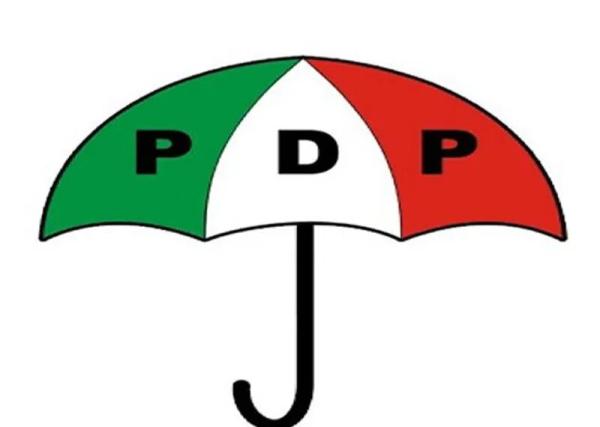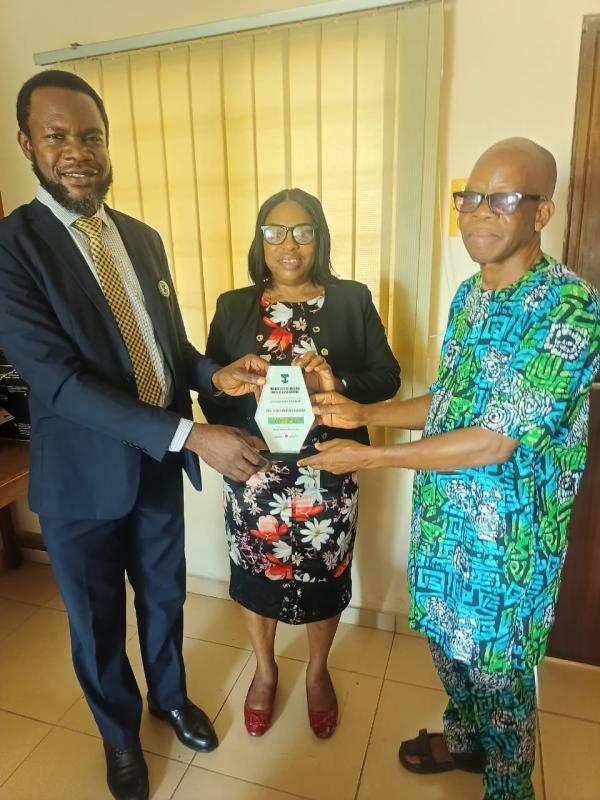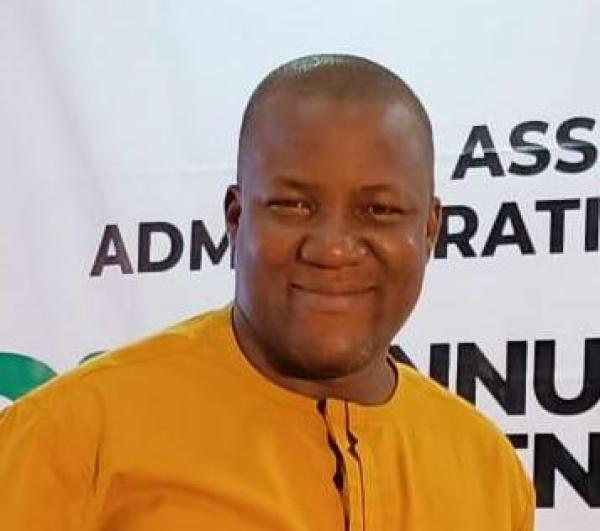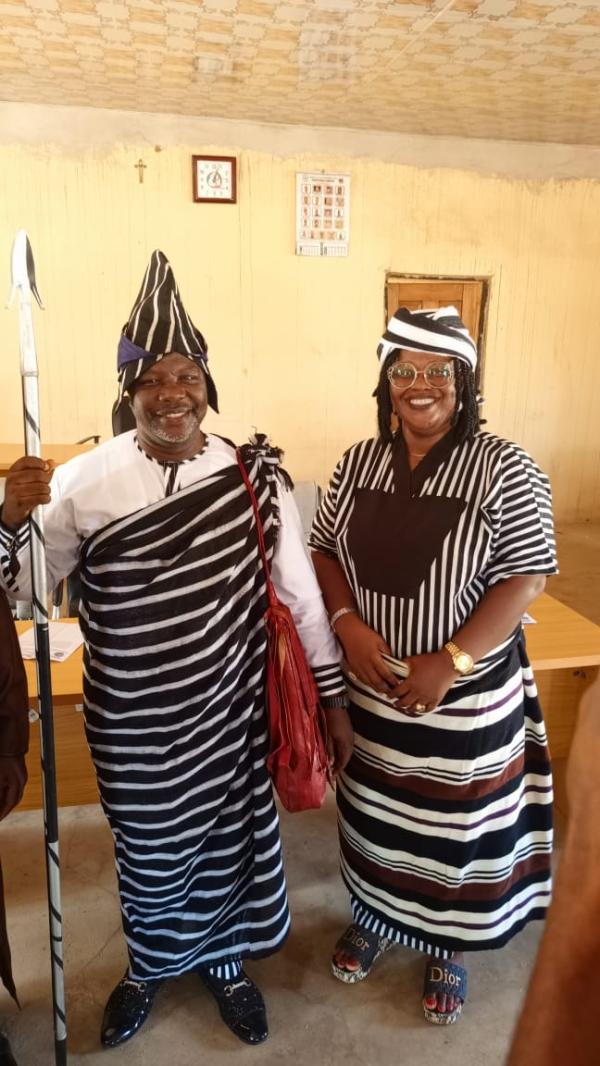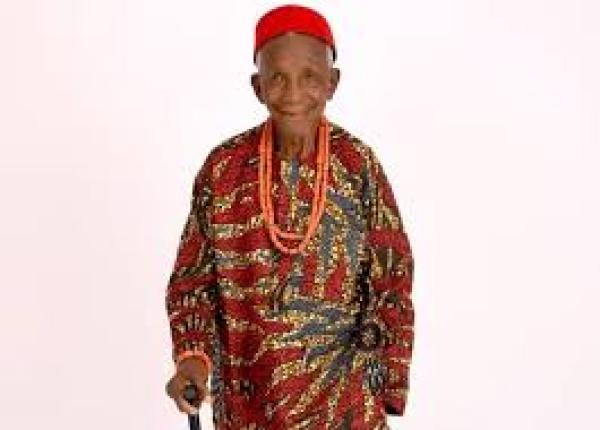
There seem to be this new found jauntiness among Nigerians ever since President Buhari appointed new service chiefs to navigate the affairs of the nation’s tumultuous security ship that has been sprawling in the shore for years. Ordinarily, there should be nothing really spectacular about the change of guards but when taking into consideration, the need to break away from the age long concentric circles coupled with the political morass which the army has been wallowing in, the deja-vu trailing these newly appointed service chiefs can be best understood.
Buhari is no alien to soldiering considering his pedigree as a retired military soldier and exploits when untamed hordes of Maitatsine insurgents unleashed terror in the Northern part of the country during the era of Alhaji Shehu Shagari.
Riding on the crest of simmering anticipations is the set target of routing the country’s nightmare within three months. That, from which ever perspective you look at it, is a lofty quest imposing enough to imbue confidence in millions of Nigerians drenched with doses of disillusionment over the years. President Buhari’s artifice isn’t novel in every sense though, putting in mind that his predecessor toed a similar trajectory at the latter period of his administration albeit, with lesser effrontery.
The president’s conceptual picture of boko haram’s menace seems wholly centered on the causative perspective. If the rearmament of the military pursued by former president Jonathan had been complemented with an affront from a non-partisan and sanitized and national army, boko haram’s stronghold would perhaps have waned into a conjectural and depleted fort. While some still believe that the Obasanjo-blitzkreig as employed in Odi and Zaki Biam would have completely shelled the sect if it had been used from the onset, there is a more integral malaise which is being overlooked as a result of the ethnic conundrum engrained in the Nigeria identity complex.
President Buhari, like his predecessor has his eyes set on wiping out the notorious sect by all means not minding if the mentality still exists in the minds of millions of Nigerians who merely see the country as a geographical expression. The foregoing imperative thus leads to other sub-imperatives that seek to know whether the inhumane executions being perpetrated in Sambisa or the horrors unleashed in the fragile terrains of Baga, Chibok and Mubi are the only metaphors of boko haram. Are the atrocities of boko haram wholly exponential functions of poverty, illiteracy, bad governance and religious fanaticism which seem to be more pronounced in the North?
Former President Jonathan perhaps reasoned along this line and radically pursued the establishment of Al majiri schools to make up for the migratory leanings of Arabic learners; thus hoping to strike a relative balance between the educational pyramids of the North and South. Inasmuch as these factors are essential in inhibiting the breeding grounds for social pellets, boko haram from a more innate sense, is a manifestation of both narcissistic leadership traits and an empire building craving present in most Nigerians with respect to their ethnic affiliations.
With over four decades after Nigeria’s fratricidal civil war came to an end, the secessionist tendency is still in narcissistic supply and several Igbos see the ideology essential to their self-esteem. The similar craving among a good chunk of both educated and uneducated Fulanis’ in the North is not particularly borne out of an inveterate hatred for other subgroups making up the federation but one traceable to the Caliphate prowess which was once their prerogative.
The Kanem-Borno was an African trading empire ruled by Sayf dynasty which was arguably one of the most revered during pre-colonial times. A similar turf war instinct is obviously one of the impulses driving people towards the boko haram oddity and thus dredging sentiments even when unnecessary. Without whittling down the impact of socioeconomic problems in our society, I still found it utterly absurd to believe when the Nigeria Immigration Service recently claimed that it barred nearly 5,000 Nigerians from making the dangerous trips to Iraq where they were going to pledge their allegiance to ISIS and other terrorist organisations.
The inability of our leaders to realize that curtailing the uprisings of boko haram would only amount to winning a battle and not the war would somehow lead to a greater social malady in the long-run. Nigeria is diseased and sick to the letter. Not only materially but more importantly, in the raison d’etre that defines our entity.
Empire building coupled with the turf war syndrome has shaped the geographical patterns of the political world and keeps shaping it till date. The breakup of the Soviet Union transformed the entire world political situation. The world watched in amazement in December 1991 when the Soviet Union disintegrated into 15 separate countries. Its collapse was hailed by the West as victory for freedom. Yugoslavia, years after, ceased to function as a federal state courtesy of cultural and religious divisions between the ethnic groups making up the nation. The collapse of communism in Eastern Europe in 1989, the unification of Germany one year later all contributed to the country’s eventual collapse and the creation of Croatia, Montenegro, Serbia, Slovenia, Bosnia and Herzegovina and Macedonia as independent nations.
Singapore separated from Malaysia as a result from deep political and economic differences between the ruling parties of Singapore and Malaysia which created communist tensions that resulted in racial roles in July and September 1964. More recently, South-Sudan became the world’s youngest independent nation when it broke away from Sudan after two civil wars that led to the loss of over five million people. Russia’s recent annexation of Crimea is also an attestation of how the zest for empire building and turf war keeps redrawing territories across the globe.
The kind of leadership Nigeria needs at the helm is one that would attract all sporadic interests to the core. President Buhari in all fairness rode on a popularity built in four out of the six regional blocs. It is hard to tell if he really possesses the clout and savoire-faire to instill that unifying essence which has been lacking over the years. Neither former Presidents Obasanjo nor Jonathan had the in-thing that could strengthen the tendons of our ethnic conglomeration. Should President Buhari end up finding the missing raison d’etres, posterity would acknowledge him for fixing one of the most contorted federal systems that ever existed.












